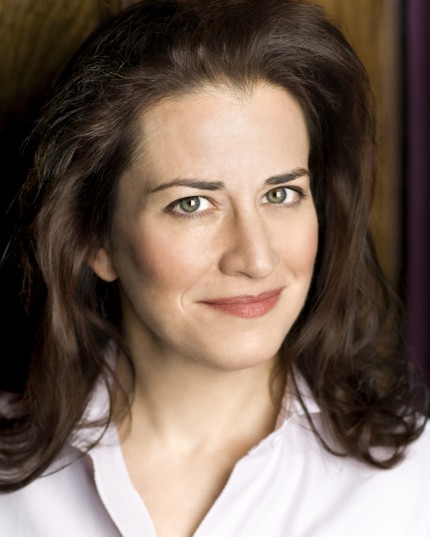Rembrandt Chamber Players open season with a vibrant vocal program

The Rembrandt Chamber Players can always be counted on to offer thoughtful programming in addition to characteristically ardent and polished performances.
The ensemble opened its 22nd season Sunday afternoon at the Music Institute of Chicago in Evanston with a typically discerning program featuring guest soprano Christine Brandes in a pair of song cycles by Dominick Argento and Ralph Vaughan Williams.
American repertoire remains far too neglected on Chicago’s music scene, not least that of the gifted and prolific Argento, so kudos to Rembrandt for gving us this choice cycle. (To its credit, the William Ferris Chorale offered a generous Argento program last May.) Written in 1958, Argento’s Elizabethan Songs was one of his first published works, set to six texts by Shakespeare and his contemporaries. Four years later, Argento transcribed the original piano accompaniment for quintet (flute, oboe, violin, cello and piano), which was the version presented Sunday.
Christine Brandes has been a frequent local guest with Music of the Baroque and other early-music ensembles and her artistry and rich, vibrant instrument remain first class. At times the soprano’s resplendent voice was a bit overwhelming in the live-wire acoustic of Nichols Concert Hall. But Brandes brought a clarity, modulated vibrato and expressive engagement to these lovely settings that made the finest possible case. She conveyed the verdant, buoyant cheer of Spring as surely as the nocturnal contemplation of Sleep, the comic lilt of Winter and rollicking romantic excitement of Diaphenia. The singer was at her finest in Dirge (a setting of Shakespeare’s Come away, come away death) evoking the text’s sweet, tragic melancholy.
Ralph Vaughan Williams’ Blake Songs was written a year earlier than the Argento cycle in 1957, and while Argento was just starting his career, the great British composer was nearing the end of his long and distinguished life. Scored for the rare duo of soprano and oboe, the ten texts draw largely from Blake’s Songs of Innocence and Experience.
Brandes was equally sensitive in this difficult, somewhat elliptical music, her impeccable diction making clear every word of Blake’s poetry. One wanted more dynamic light and shade at times yet the singer brought tender expression to The Lamb and floated a rapt, haunting rendering of The Shepherd. In an unusual role as sole vocal accompanist, Robert Morgan brought plangent tone and agility to his equally demanding part.
The second half of the program concentrated on more familiar fare with Schubert’s beloved Trout Piano Quintet, Op. 114. Sunday’s high-powered performance offered some brilliant solo playing, notably by pianist Jeannie Yu. Yet on the whole the performance felt too fast, edgy and hard-driven, missing the music’s warmth, relaxed humor and an essential grazioso quality. The Andantino variations on the Schubert song that gave the work its name came off best, showing a lighter touch and some of the charm that was missing elsewhere. Brandes prefaced the quintet performance with a notably characterful rendering of Die forelle, the lied that provided the theme for the fourth movement.
NOTE: The Rembrandt’s versatile keyboard player, David Schrader has retired from the group to concentrate on solo playing. A gracious colleague, Schrader was in attendance Sunday to cheer on his fellow musicians.
The performance was dedicated to the memory of Rembrandt supporter Connie O’Kieffe and violist Keith Conant, a longtime Rembrandt member, who died last Thursday.
The program will be repeated 7:30 p.m. Monday at the Driehaus Museum in Chicago. rembrandtchamberplayers.org; 312-360-3145.
Posted in Performances




